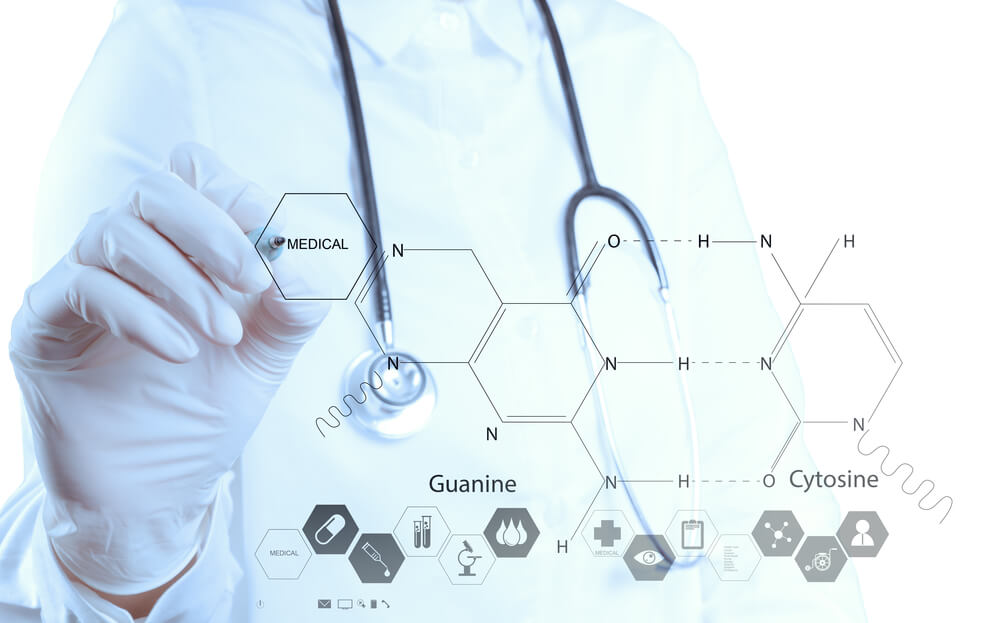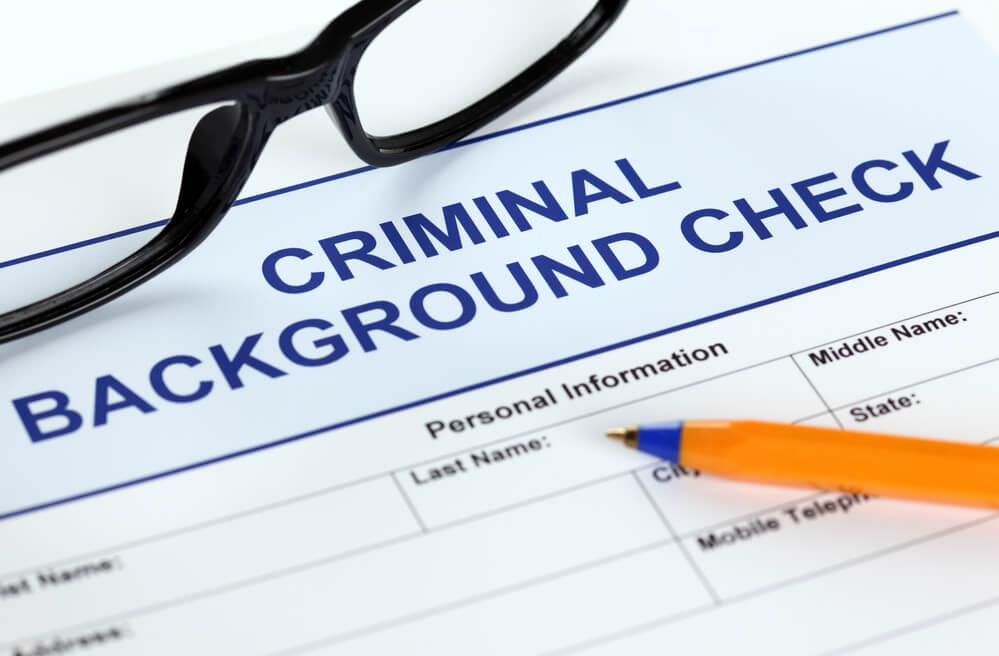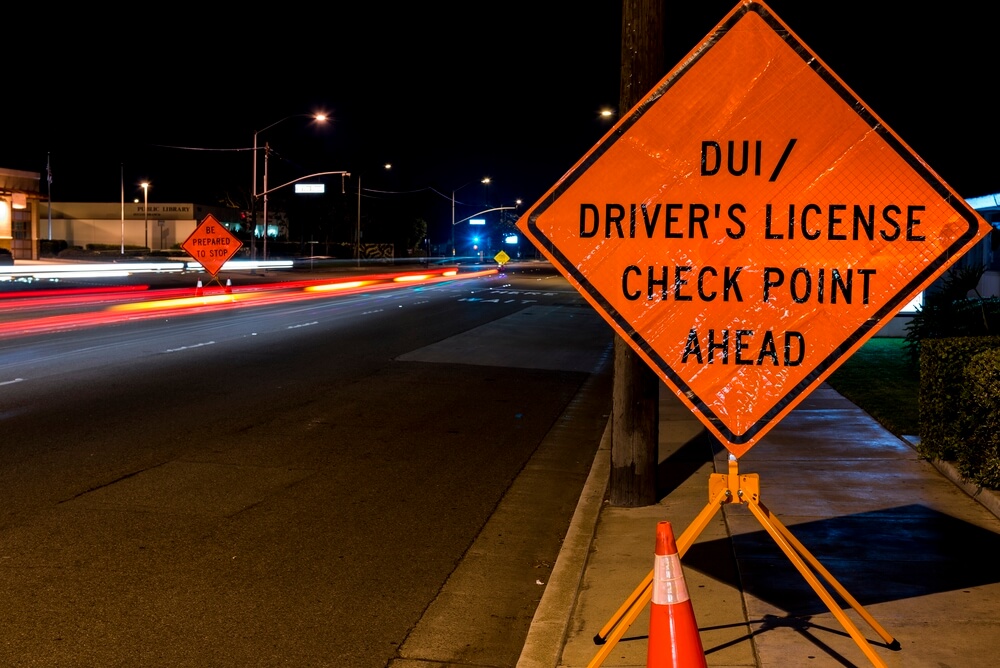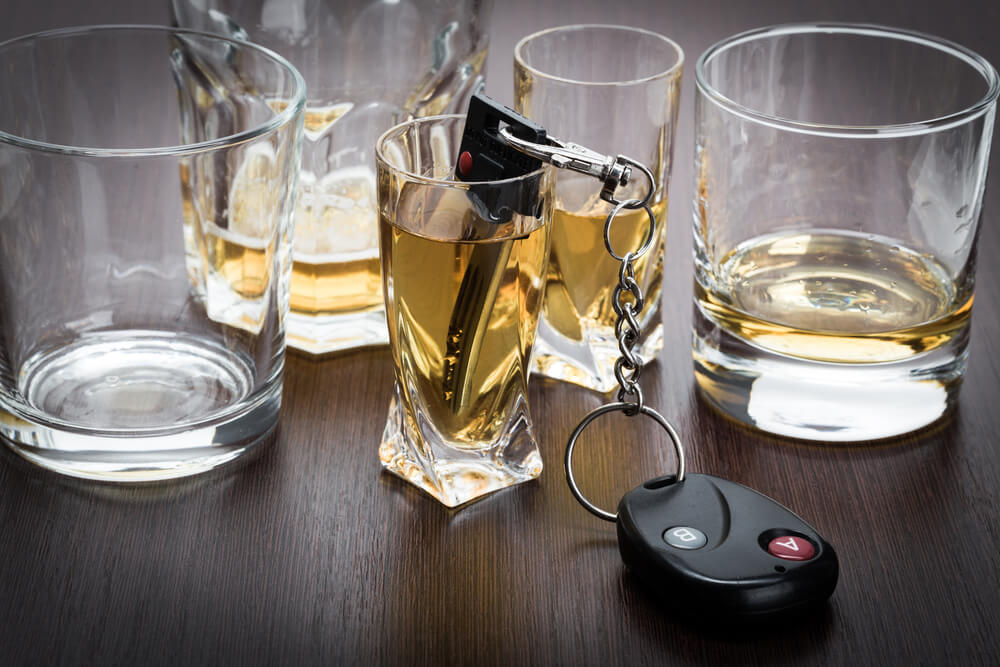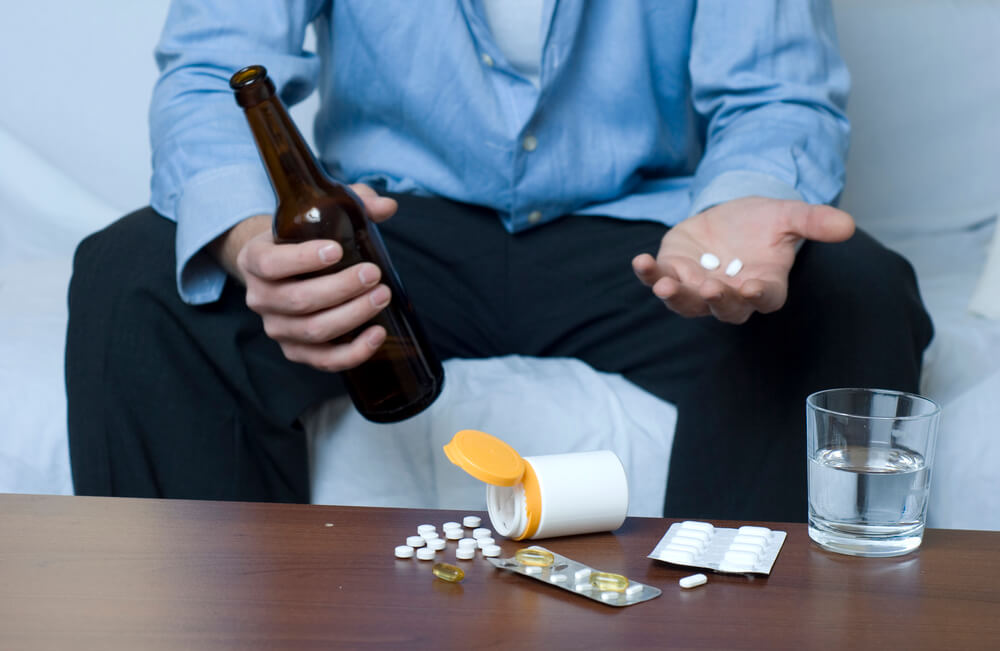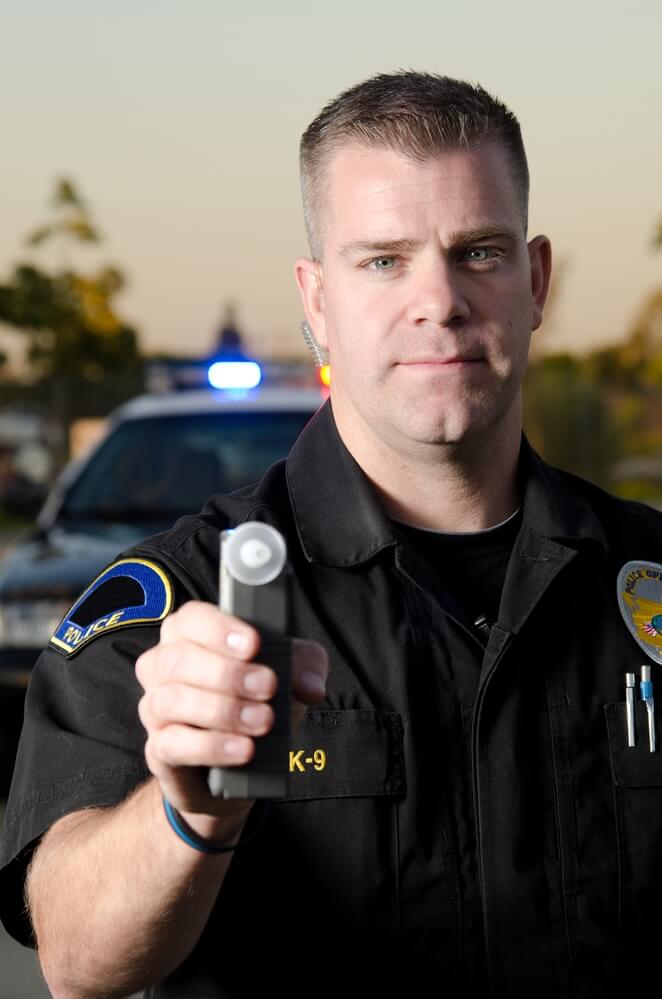
Yesterday Governor Jerry Brown for the State of California signed into law ground-breaking Senate Bill SB-725. This bill revises Penal Code Section 1001.80 to state that military veterans are eligible for pretrial military diversion when faced with misdemeanor criminal charges of VC 23152 and VC 23153 in court. What this means is that a person who can show that he/she 1) was a member of the U.S. Military and 2) may be suffering from sexual trauma, traumatic brain injury, post-traumatic stress disorder (PTSD), substance abuse, or mental health problems as a result of his/her service in the military; that individual is eligible to apply for pretrial military diversion. Although the Court still has the discretion to determine if person is suitable for this relief, if the person is granted pretrial military diversion he/she has the ability to have the misdemeanor criminal charge of DUI dismissed. The person must complete a specific type of program, not be arrested or convicted of any charge, and obey any other terms of the pretrial diversion granted by the judge in order to ultimately have the case dismissed.
A 29-year-old Veteran of the Air Force served for 4 years and 2 months where he was deployed overseas on several occasions. Upon his honorable discharge from active duty, he realized that his alcohol use began during and following his military service as a means of coping with what was later diagnosed and Post-Traumatic Stress Disorder (‘PTSD”.)
During his service with the military, he received over FIFTEEN awards, decorations, and state awards; including the Air Force Commendation Medal, Air Force Achievement Medal, Meritorious Unit Award, AF Good Conduct Medal, Global War on Terrorism Expeditionary Medal, Air and Space Campaign Medal, Nuclear Deterrence Operations Service Medal, and the California Good Conduct Medal. Clearly, this young man devoted years of his life to serve our country and defend it against its enemies. He excelled in this area, which resulted in him assisting in the saving of countless lives across the globe.
I filed on his behalf in court a motion for pretrial diversion under Penal Code Section 1001.80 in the hopes that the Judge would find that he was both eligible and suitable for this relief. Unfortunately, the Court felt that the law excluded individuals charged with misdemeanor DUI cases from being granted pretrial diversion. When I informed the Judge that Senate Bill 725 was passed by Congress and making its way to the Governor for his signature to enact it into law, she was unaware that such a Bill existed. The prosecutor vehemently objected to my motion and indicated that no such law should pass. Although my motion was denied last month, the Judge indicated that if the Governor did sign the law, she would grant our request for this relief.
I look forward to August 22nd when I will present her with the revisions of Penal Code Section 1001.80, which now makes misdemeanor DUI cases part of the list of eligible offenses for which Judges can grant veterans pretrial military diversion. To the prosecutor’s dismay, I have no doubt the Judge will grant our request.



